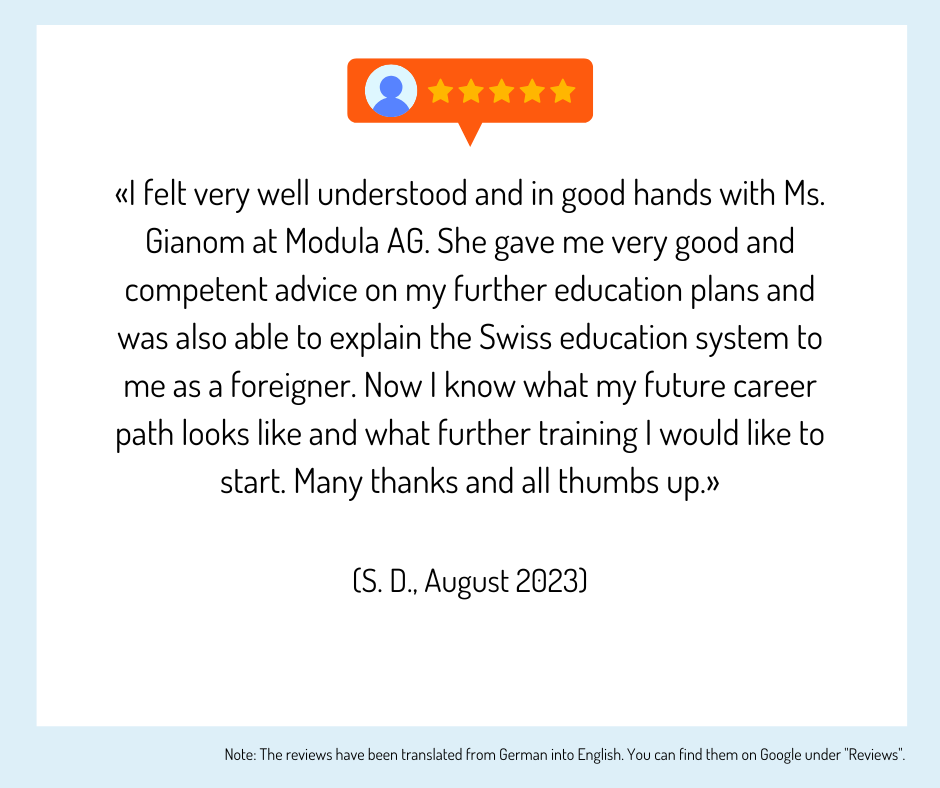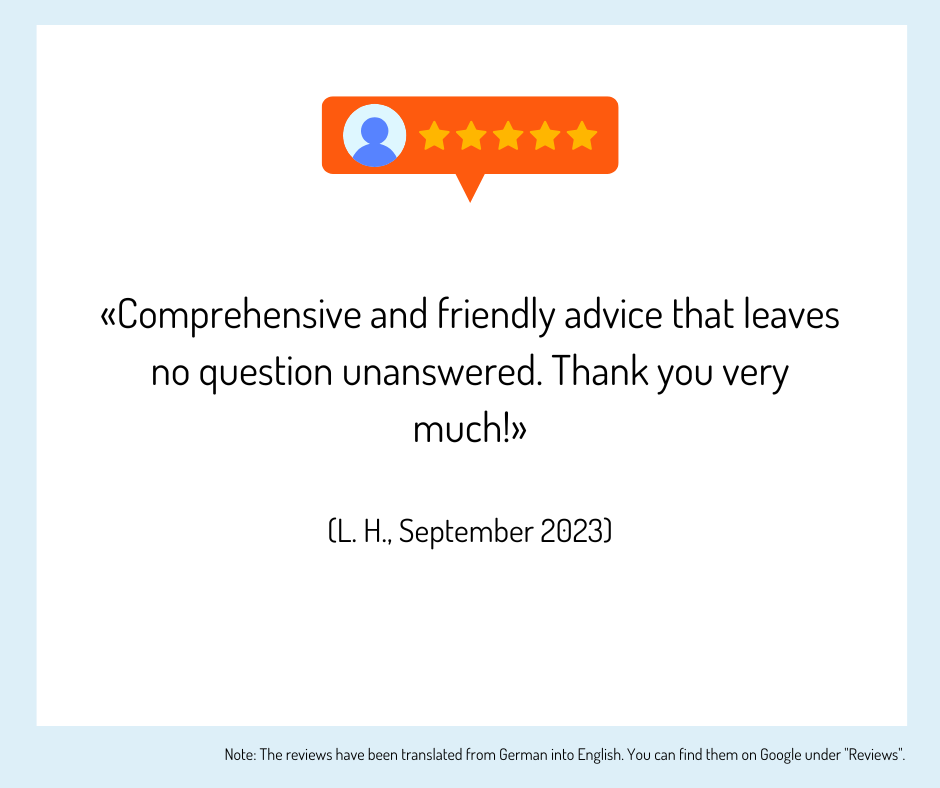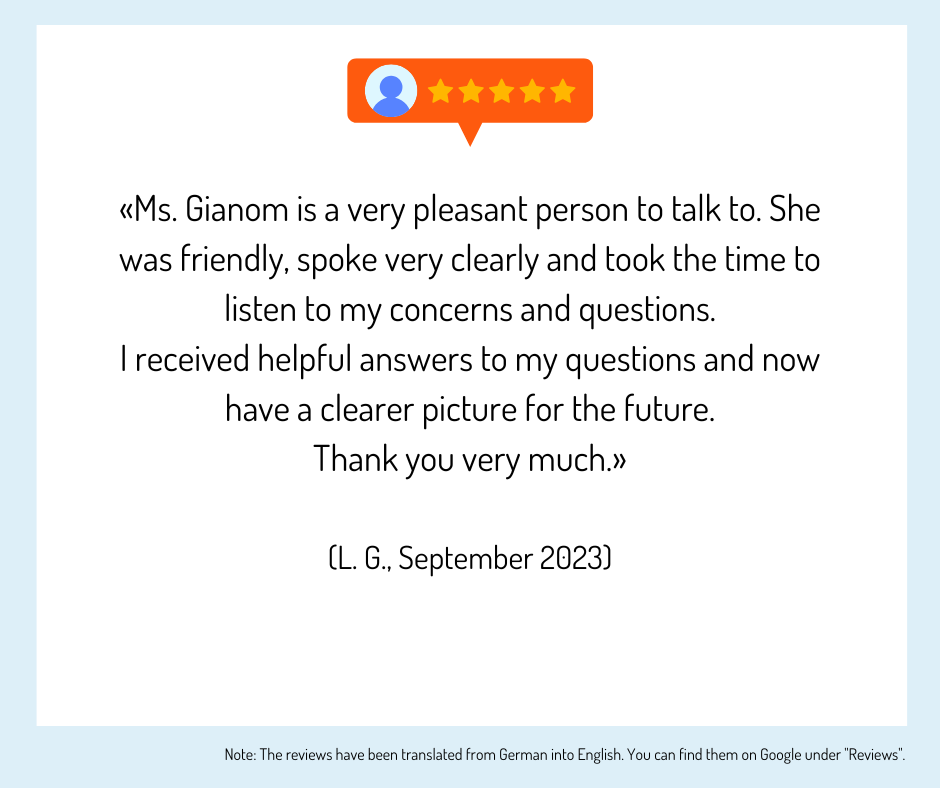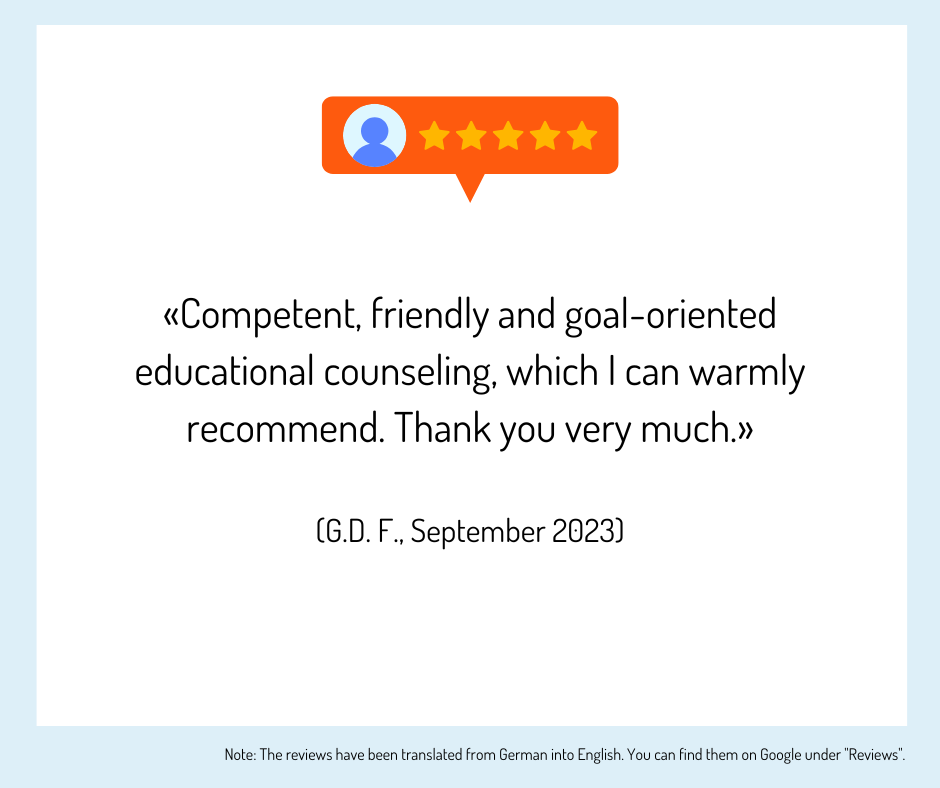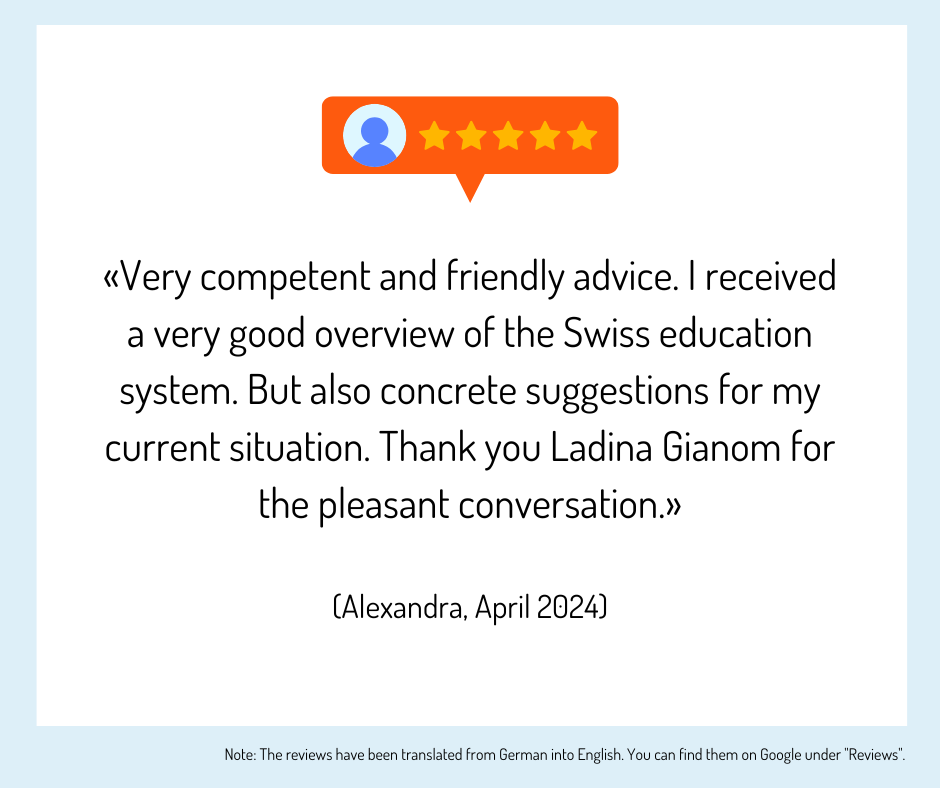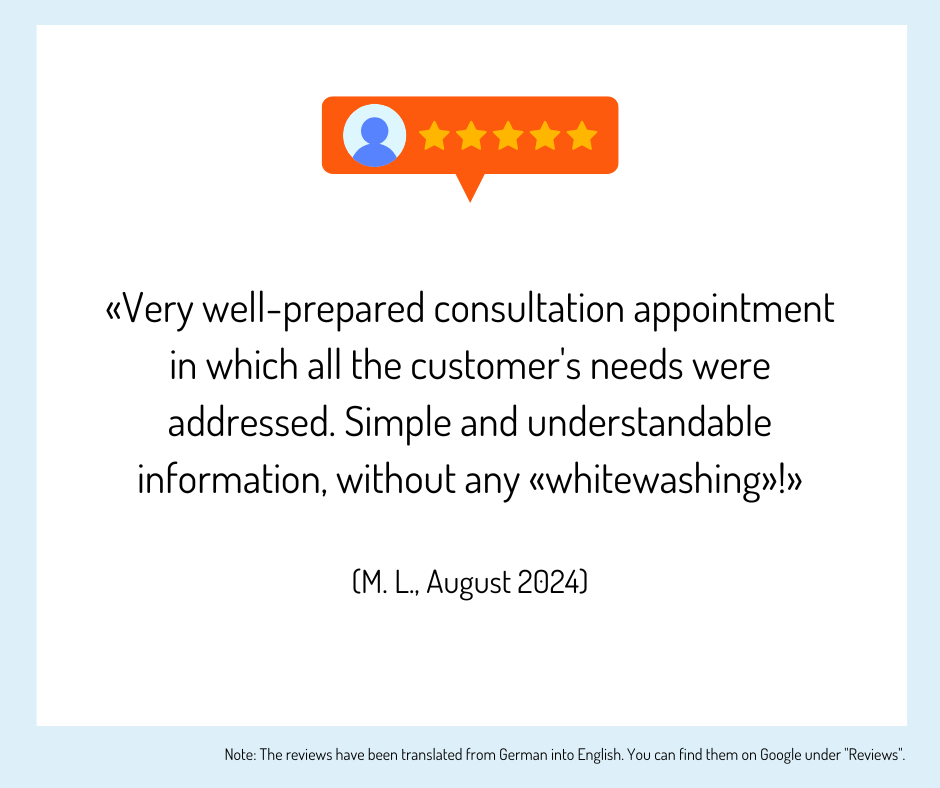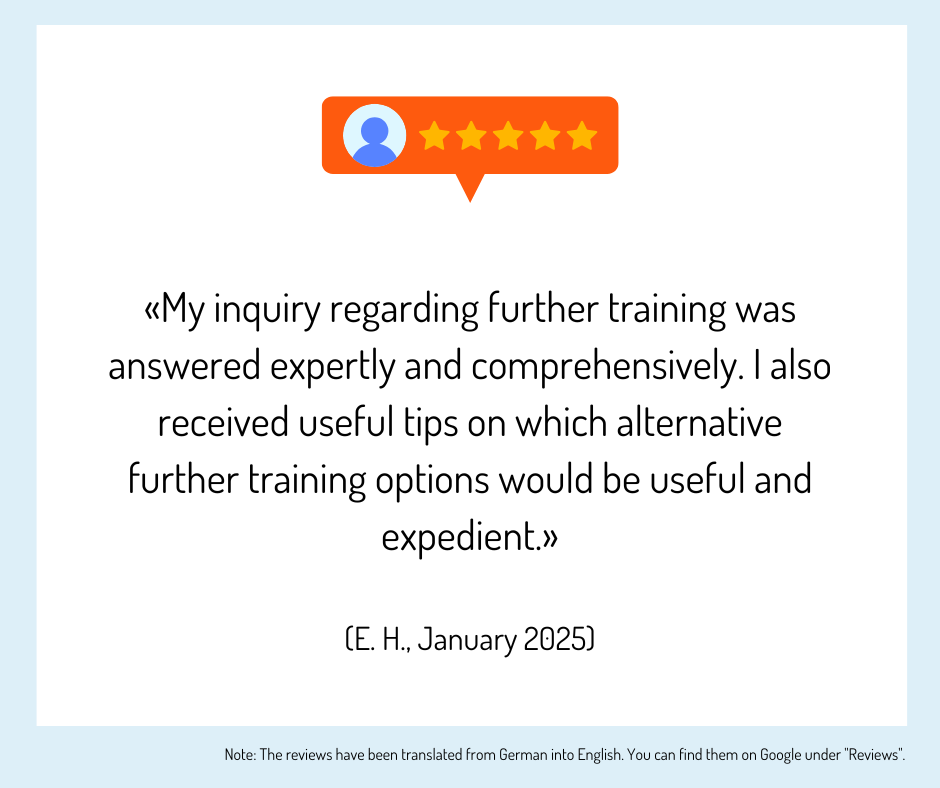Craniosacral: training, further education, courses, information, schools
Craniosacral therapy - Reduce your patients' physical and emotional tension through your treatment
Questions and answers
Craniosacral therapy: Why train in craniosacral therapy?
The craniosacral therapy training concept is aimed at people who are looking for a well-founded training in craniosacral therapy. At the same time, the training provides a holistic understanding of structural, emotional, energetic and process-oriented aspects. The training enables graduates to undergo a learning and development process and prepares them to work competently and responsibly with people in the context of craniosacral therapy.
How does craniosacral therapy help?
The craniosacral system can be influenced using special hand movements on the skull and sacrum. This can release tension, improve pain, restricted movement and functional disorders and activate the body's self-healing powers. Craniosacral therapy is used for people of all ages - from newborns to elderly adults.
What are the requirements for a craniosacral course?
The requirements for a craniosacral course are usually as follows:
- Completed basic education or high school diploma
- At least 3 years of part-time training
- In order to obtain the industry certificate in complementary therapy, an internship and a so-called "Tronc Commun" (natural science, social science, profession-specific basics) must be completed in addition to the training in the method.
What does craniosacral training cost?
Craniosacral training costs around CHF 10,000 to 25,000, depending on its duration and scope. If you include the qualification as a certified complementary therapist, you can expect additional costs of 10,000 to 20,000 francs. In return, you can benefit from federal subsidies.
What opportunities are there for continuing education, further training in craniosacral after the training?
The craniosacral training can be completed as a school certificate or as a qualification from an association, an organization or an industry label. After subsequent professional practice with accompanying supervision, the Advanced Federal Professional Examination (AFPE) to become a complementary therapist with a federal diploma can be completed. Of course, subject-specific short courses or seminars are also possible in order to expand your knowledge.
Do I have to have completed a course in basic medical knowledge for the KT industry certificate for craniosacral therapy?
In order to train as a complementary therapist for craniosacral therapy, in addition to methodological knowledge and an internship, cross-method content must also be learned. The "Tronc Commun KomplementärTherapie" teaches the basics of the profession and social sciences as well as medical basics (MG), which must comprise at least 500 learning hours, of which only 180 must be contact hours.
Craniosacral therapy - what is it?
Craniosacral therapists use gentle, careful movements of various parts of the body to influence the internal movements of the cerebrospinal fluid. With craniosacral therapy, they try to release physical and mental imbalances and blockages, positively influence the entire nervous, vascular, hormonal and lymphatic systems and stimulate the body's self-healing powers.
Do I already need professional experience as a therapist for craniosacral training?
Professional experience in the therapeutic field is not absolutely necessary for training in craniosacral therapy, as you will learn everything important for your future professional activity within the craniosacral training.
What are the personal requirements for Cranio Sacral training?
The personal requirements for Cranio Sacral training are:
- Strong communication skills and empathy
- Not afraid of close contact with different people
- Physical and mental health
What is additionally recommended for Cranio Sacral training?
The following is also recommended for Cranio Sacral training:
- Training in the health sector (physical or movement therapy, medical and nursing professions, social professions)
- Personal experience in Cranio Sacral Therapy as a client
- Theoretical and practical experience in body therapy and process-oriented conversation
Are all continuing education, further training courses in craniosacral therapy part-time?
Almost all training or continuing education, further training in craniosacral therapy is part-time, so that you can continue to work full-time. As the courses usually extend over a longer period of time, there are only a few course days to attend per year, which often take place at weekends or extended weekends. Block seminars are also possible. Please clarify the exact dates of the training at an early stage so that you can also take this criterion into account when deciding on the right cranio-sacral school.
What does craniosacral therapy do?
Craniosacral therapy helps patients to feel more balanced, strengthened and centered. Craniosacral therapy has a very supportive effect on both physical and mental illnesses. This is because the therapy is based on osteopathy and has been continuously developed further. It is often used to accompany medical treatment.
Craniosacral therapy training: What do you learn in Tronc Commun Complementary Therapy?
In the area of Tronc Commun complementary therapy, you learn the following during the Cranio Sacral Therapy training:
- Professional identity and practice management
- Understanding of health, image of man, ethics
- Psychology, communication and conversation
- Basic knowledge of conventional medicine, emergency aid
- Basic knowledge of conventional medicine, emergency assistance
- Client and therapist safety
Is it necessary to have already registered other methods for registration with the EMR with craniosacral therapy?
Craniosacral therapy can be registered as an individual method within complementary therapy and is not linked to other methods.
What do you learn in a craniosacral therapy course?
Craniosacral therapy training teaches you the following:
- Learning the basic techniques of craniosacral therapy
- Immerse yourself in the phenomena of craniosacral rhythms
- Training in self-awareness and presence
- Introduction to the secrets of breathing
- Touch and be touched
- Perceiving movements in and around the body
- Activation of abdominal and cardiac intelligence
- Whole-body breathing and verbal accompaniment
- Immerse yourself in physical matter
- Experience the energy and effect of your own hands
- Connecting the physical, mental and spiritual network
- Health and illness
- Effect of the treatment on the various body systems
- The skin and working with the arteries
- Helpful energy fields and their transformative power
- Exploring your own therapeutic potential
- Outlook for independent practice
- Practical treatment
Erfahrungen, Bewertungen und Meinungen zur Ausbildung / Weiterbildung
Haven't found the right training or further education yet? Benefit from educational advice now!
Further training is not only important in order to maintain or increase professional attractiveness, investing in training or further training is still the most efficient way to increase the chances of a pay rise.
The Swiss education system offers a wide range of individual training and further education opportunities - depending on your personal level of education, professional experience and educational goals.
Choosing the right educational offer is not easy for many prospective students.
Which training and further education is the right one for my path?
Our education advisory team will guide you through the "education jungle", providing specific input and relevant background information to help you choose the right offer.
Your advantages:
You will receive
- Suggestions for suitable courses, seminars or training programs based on the information you provide in the questionnaire
- An overview of the different levels and types of education
- Information about the Swiss education system
We offer our educational counseling in the following languages on request: French, Italian, English
Register now and concretize your training plans.
